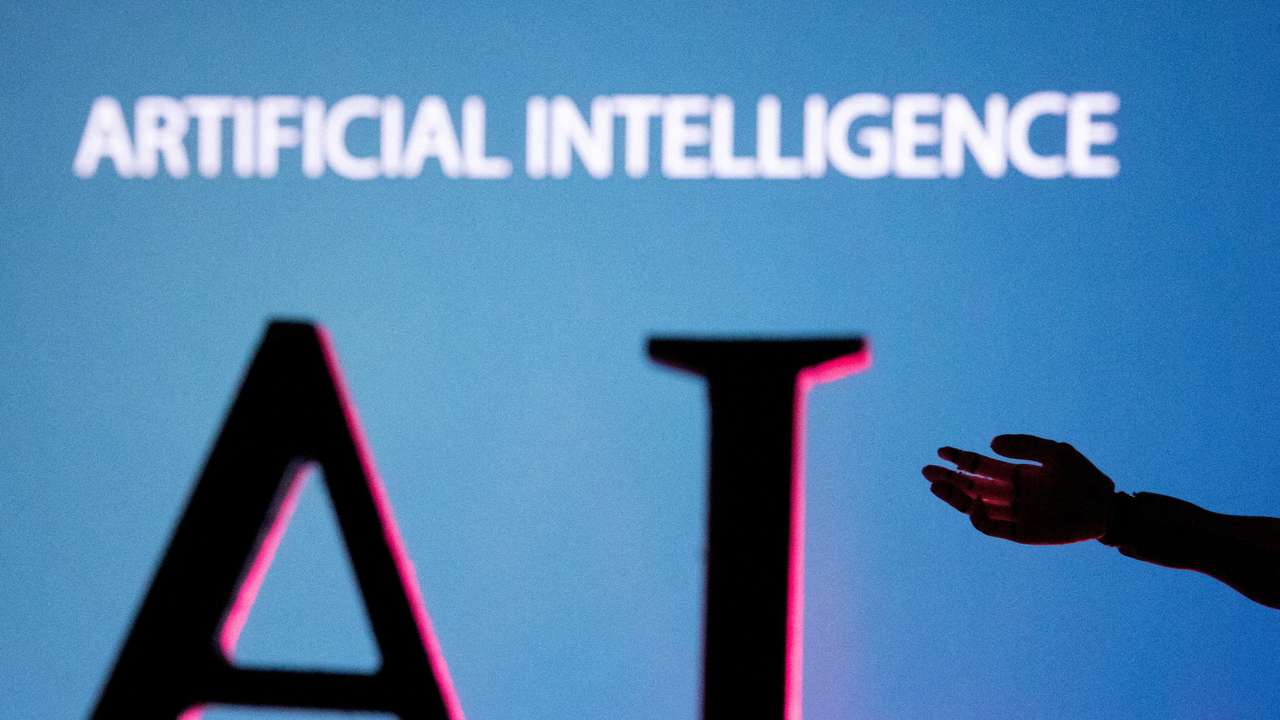Taiwan uses AI and exoskeletons to tackle healthcare challenges

A research institute in Taiwan is using artificial intelligence (AI) and advanced technology to make healthcare faster and improve the lives of elderly and disabled people.
Taiwan is facing a major challenge as its population gets older and it is projected that more than a third of the country’s people will be over 65 by the close of this year.
This puts pressure on the healthcare system, making it harder for doctors to keep up with demand.
As part of efforts to solve the problem of communication between doctors and patients including language barriers and complex medical terms which slow down appointments, Taiwan’s Industrial Technology Research Institute (ITRI) has created an AI-powered tool called MedBobi.
This system listens to conversations between doctors and patients, recognises medical terms in different languages, and translates them instantly.
It can also fill out medical forms automatically, making hospital visits quicker. The system has already been tested in major hospitals across Taiwan and can understand more than 90 languages.
Exoskeletons called KneeBO and HipBO have also been designed to help people walk more easily.
These wearable devices use AI to adjust movements in real time, reducing strain on the body. The technology can help elderly people stay active and could also be used in physical therapy and even the military.
Taiwan’s researchers hope that these technologies will improve healthcare, reduce the workload on doctors, and give people a better quality of life.